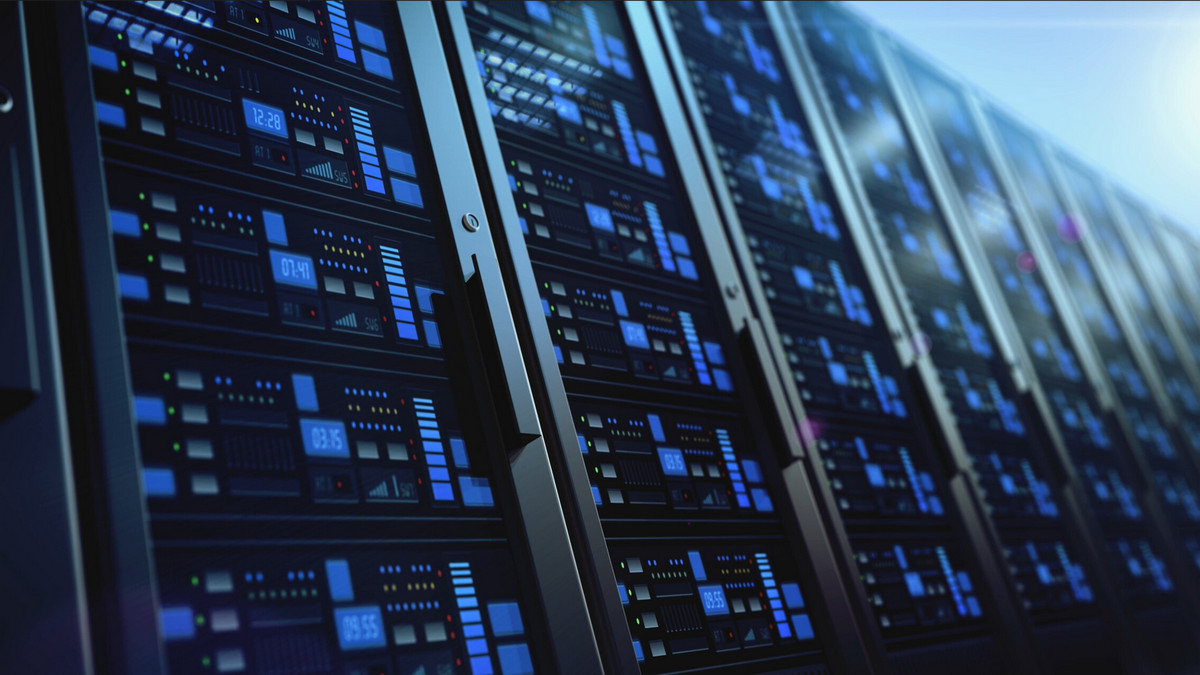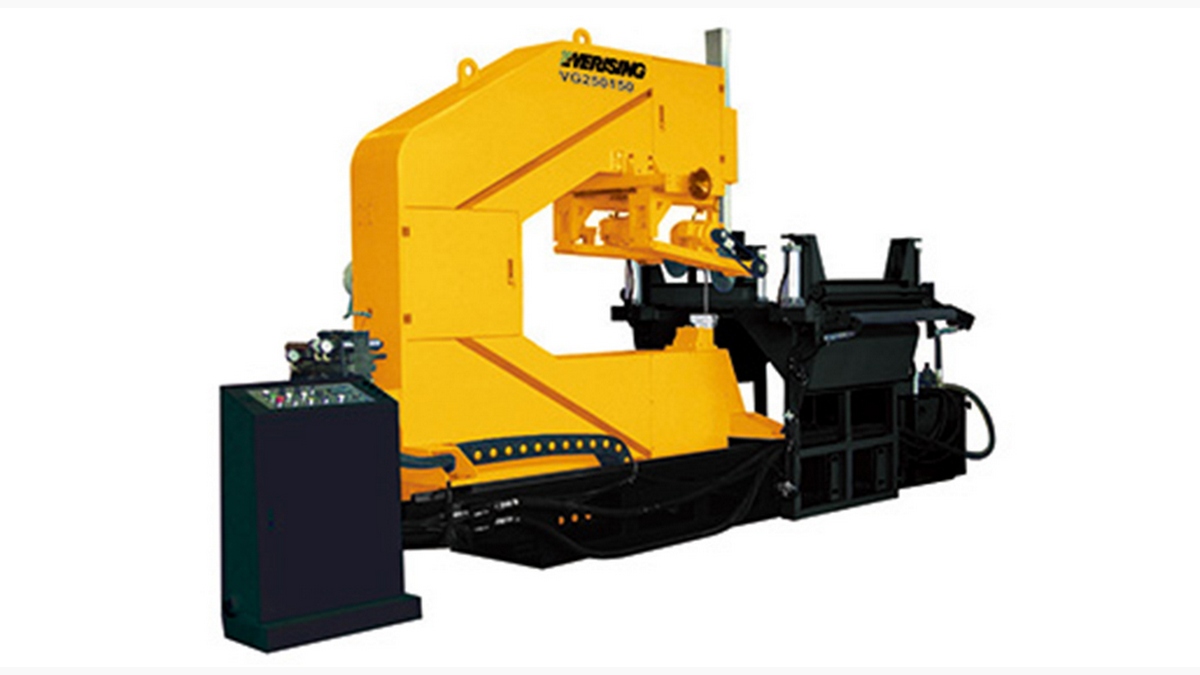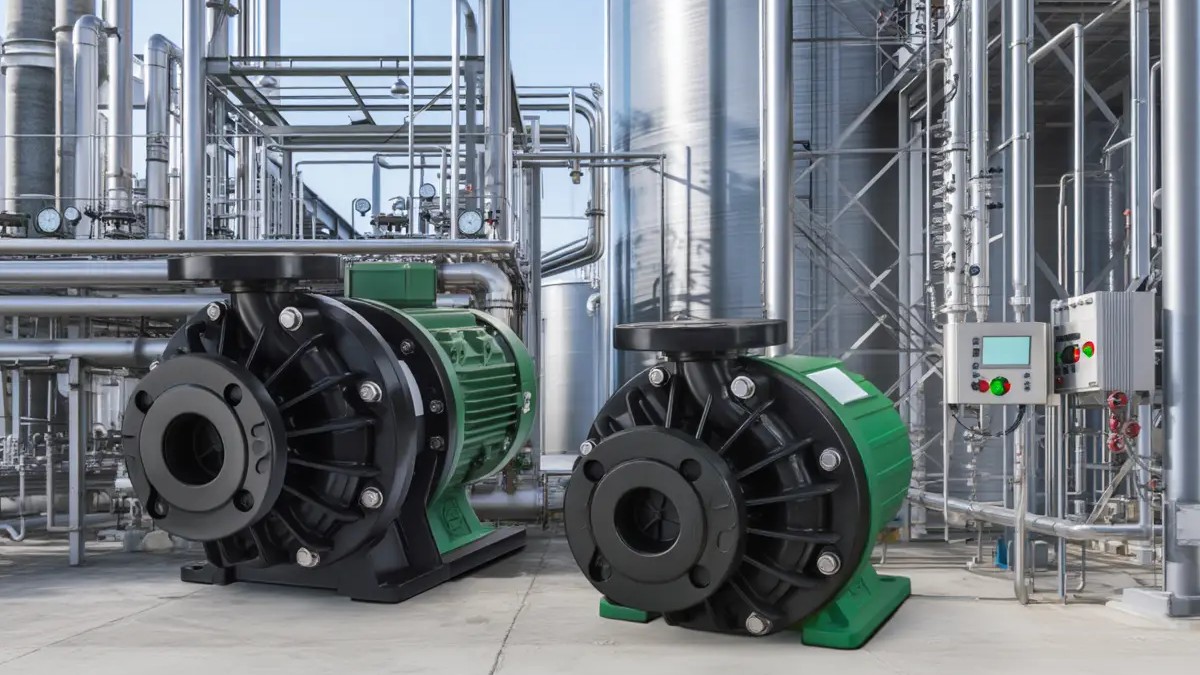The word "cloud" has been the focus of the development of network technology in recent years. With the operating environment provided by the remote server, users can access data anytime and anywhere. It has become a mainstream trend to build an enterprise's operating system through cloud services, but are cloud services really safe? This article will fully introduce the modules and modes of cloud services, and through case sharing, will show you the many benefits of cloud services to enterprises.
What is Cloud Service? Are Cloud Services Safe?
Cloud service is a network operation service that meets business needs. Due to the advancement of cloud technology, users do not need to purchase software. As long as they connect to the network environment of the remote server through a computer, they can perform operations such as computing, storage, and backup. With cloud services, enterprise customers can manage projects, customer relationships, sales inventory, financial statements and other items more conveniently and quickly. According to the definition of the National Institute of Standards and Technology, cloud services have the following five characteristics:
- On-demand self-service.
- Access anytime, anywhere with any network device.
- Multiple people share the resource pool.
- Redeployment is fast and flexible.
- Services that can be monitored and measured.
Cloud services have three application modules: public cloud, private cloud, and hybrid cloud, and three service modes: SaaS, PaaS, and IaaS. Enterprise customers can choose appropriate application modules and services according to their own needs.
Security of Cloud Services
At present, most companies that provide cloud operating systems build systems in world-renowned data storage centers, such as Amazon Web Services, Microsoft Azure, Google Cloud Platform and other databases. They have the world's top security protection network, allowing users to Enjoy cloud services with peace of mind.
Understand the differences between public cloud, private cloud, and hybrid cloud
Cloud module is a classification that distinguishes where the cloud operating environment is used. There are three types of public cloud, private cloud and hybrid cloud. With the continuous development of cloud applications, there are even "multi-cloud" types. The following will introduce you one by one.
Public Cloud
Public cloud is set up by third-party cloud service companies (such as Google, Azure, AWS, etc.) to provide open resource space of the network, and users rent services such as storage space and program applications from cloud service companies. The public cloud has a large amount of data and space, as well as high flexibility of information access, and the cloud service company will be responsible for system maintenance, reducing the maintenance cost of the enterprise.
Private Cloud
Private cloud is a private cloud service used internally by an organization. It sets up its own cloud host and controls data access and access through user permission settings. The security is higher than that of public cloud, and it is not restricted by network bandwidth and regulations. However, the cost of maintaining cloud hosting will also increase.
Hybrid Cloud
Hybrid cloud combines the advantages of public cloud and private cloud. It can process information separately. Information with high confidentiality can be accessed in the private cloud, while general information is operated through the public cloud. In this way, it can have high flexibility and high computing efficiency.
What are the Cloud Services? Recognize 3 Cloud Service Models
There are three types of cloud service models: SaaS, PaaS, and IaaS, which are the three levels of the cloud operating environment in sequence: cloud operating system, cloud operating platform, and cloud infrastructure. The differences between the three will be explained in detail below.
SaaS (Software as a Service)
SaaS is a cloud operating system designed and developed by a cloud service company. Users can use cloud resources and applications through monthly rent without installing software on their own computers, such as VMware, Microsoft CRM and other services.
PaaS (Platform as a Service)
The PaaS cloud computing model provides a middle-level platform, allowing users to develop, test, manage and build their own applications through the computing resources, tools and software of the cloud platform. It is mainly provided to application developers and requires certain technical skills and ability. PaaS vendors are responsible for managing and maintaining cloud infrastructure and security.
IaaS (Infrastructure as a Service)
The IaaS cloud service model provides computing resources, virtual machines, storage space and network environment required by users. Different from SaaS and PaaS models, users need to set up and maintain the cloud system by themselves, and purchase tools and software, while the IaaS company is responsible for Manage the underlying infrastructure.






.jpg)







.png)